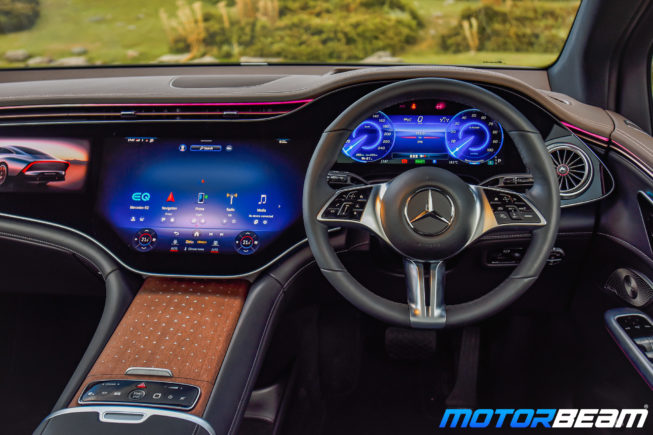Euro NCAP to introduce new guidelines from 2026 impacting interior designs
European car safety organisation Euro NCAP has plans to implement new guidelines in 2026 that could potentially impact the design of future vehicles. According to Euro NCAP’s director of strategic development, Matthew Avery, the initiative aims to address concerns regarding the increasing use of touchscreen controls in cars, which are believed to contribute to driver distraction and potentially compromise safety on the road.
The organisation contends that the widespread adoption of touchscreens by automakers has led to a situation where essential functions, such as turn signals, windshield wipers and hazard lights are controlled through digital interfaces rather than traditional physical buttons or switches. This forces drivers to divert their attention away from the road, increasing the risk of accidents.
The proposed guidelines by Euro NCAP would encourage manufacturers to reintroduce physical controls for these basic functions, thereby minimising the need for drivers to take their eyes off the road while operating essential vehicle systems. While the organisation does not demand a return to an entirely button-laden dashboard, it advocates for the inclusion of tactile controls for critical features such as turn signals, horn and emergency SOS systems.
One of the companies potentially affected by these guidelines is Tesla, known for its minimalist interior design and reliance on touchscreen interfaces. Tesla’s recent decision to replace traditional stalks with haptic buttons on the steering wheel for turn signal functions might put it in the spotlight under Euro NCAP’s new assessment criteria.
It’s important to note that Euro NCAP does not possess regulatory authority over car manufacturers but holds significant influence through its widely recognised safety ratings. Achieving a five-star safety rating from Euro NCAP is considered a strong selling point for automakers.
While Euro NCAP’s initiative is aimed at enhancing road safety, it also raises questions about the balance between technological innovation and driver distraction. Critics argue that touchscreen controls offer sleek aesthetics and user-friendly interfaces but may compromise safety by requiring drivers to interact with digital displays while driving.
As Euro NCAP’s guidelines are not yet in effect, it remains to be seen how car manufacturers will respond to this call for a return to physical controls. However, with safety concerns at the forefront of the automotive industry, it’s likely that many companies will consider adjusting their design strategies to meet Euro NCAP’s evolving standards.

